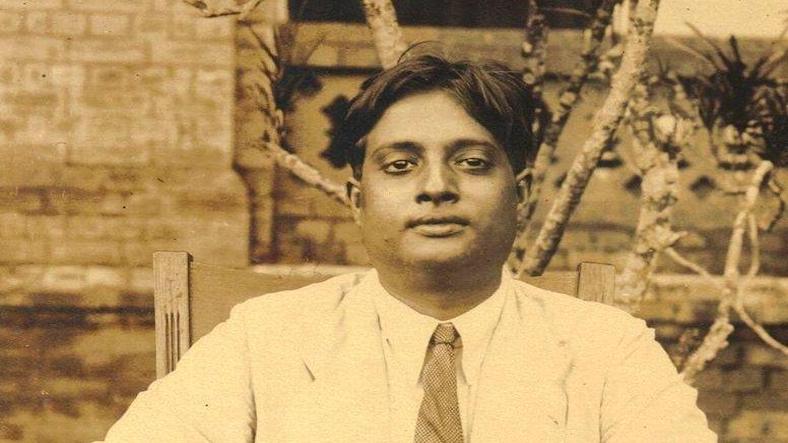Satyendra Nath Bose (1894-1974) was an Indian physicist who made significant contributions to the field of quantum mechanics and statistical physics. He was born on January 1, 1894, in Kolkata, India. Bose's work on the statistics of particles, now known as Bose-Einstein statistics, laid the foundation for the development of Bose-Einstein condensate and played a crucial role in the understanding of fundamental particles and their behavior.
Here are some key aspects that contribute to Satyendra Nath Bose being considered a great figure:
-
Bose-Einstein Statistics: Bose's most significant contribution was his collaboration with Albert Einstein, which resulted in the formulation of Bose-Einstein statistics. In 1924, Bose sent a manuscript on quantum statistics to Einstein, who recognized its significance and helped in getting it published. This work described a new statistical distribution that explained the behavior of integer-spin particles, now known as bosons. Bose-Einstein statistics provided a theoretical foundation for understanding phenomena such as superfluidity and Bose-Einstein condensation.
-
Bose-Einstein Condensate: Bose's work laid the groundwork for the theoretical prediction of the Bose-Einstein condensate (BEC). This state of matter, achieved at extremely low temperatures, occurs when a large number of bosons occupy the lowest quantum state, forming a coherent matter wave. The experimental realization of BEC in 1995 garnered much attention and confirmed Bose's theoretical predictions.
-
Fundamental Contributions to Quantum Mechanics: Bose's work on quantum statistics and his collaboration with Einstein greatly influenced the development of quantum mechanics. His statistical formulation provided a crucial link between quantum theory and the behavior of particles at the atomic and subatomic levels. Bose's work has had a profound impact on the field of theoretical physics and has been foundational to subsequent developments in quantum physics.
-
Academic and Research Contributions: Bose had a distinguished academic career and made significant contributions to various areas of physics, including quantum mechanics, quantum field theory and electromagnetic theory. He taught and conducted research at the University of Dhaka (now in Bangladesh) and later at the University of Calcutta, where he served as the Head of the Department of Physics.
-
Recognition and Awards: Bose's contributions to physics were recognized and celebrated worldwide. He received several prestigious awards, including the Padma Vibhushan, India's second-highest civilian award and the Meghnad Saha Medal. His work continues to be highly regarded by physicists globally.
-
Legacy and Inspiration: Bose's pioneering work has had a lasting impact on the field of physics. His contributions to the understanding of fundamental particles and statistical mechanics have shaped our understanding of the quantum world. Bose's legacy serves as an inspiration for future generations of physicists, highlighting the potential for breakthroughs and advancements through innovative thinking and collaboration.
Satyendra Nath Bose's groundbreaking contributions to quantum mechanics, the formulation of Bose-Einstein statistics and the prediction of Bose-Einstein condensate have solidified his status as a great figure in the world of physics. His work has advanced our understanding of the fundamental nature of matter and has opened new avenues for research and exploration in the field of quantum physics. Bose's intellectual prowess and pioneering spirit continue to inspire scientists and researchers today.










